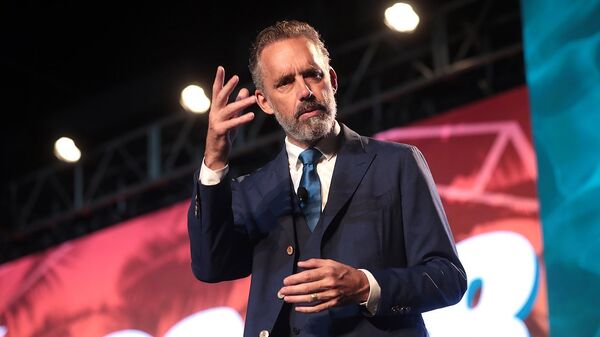Canadian psychologist and prominent political correctness critic Jordan Peterson has questioned the shift from merit-based to diversity-based approaches in academic and professional environments in his recent article for the National Post, while insisting that diversity remains “a very slippery term”.
Peterson cited a recent proposed shift in research funding policies among Canadian universities that would potentially seek to avoid selection based only on the quality of the applications and research proposals, but would instead also review such attributes as race, sex, gender, and sexual proclivity in order to address the issue of diversity among applicants. The Canadian psychology professor has deemed this approach as potentially “dangerous” due to the fact that it is difficult to measure diversity without risking plunging into discrimination by concentrating only on a limited number of groups or by being too broad in the definition.
“There appears to be no limits, practically or philosophically, to the number of group memberships that have to be taken into account for true diversity to establish itself”, Peterson explained.
He proposed some simple math calculations in order to illustrate his point that it is really difficult to accommodate all the “diverse” categories in Canada, let alone the world.
“If we are truly serious about diversity, and are willing to attribute it to group identity, and are going to apply its dictates to hiring, placement and promotion for every position, then we already have a minimum of 30,000 different categories to consider — and there are many other categories of exclusion that are arguably of equal import”, the psychology professor insisted.
Peterson also noted that according to a diversity-based approach, it would also be unfair to discriminate against people on the grounds of their height, strength, visual attractiveness, or body shape, without limiting “true diversity” to only race, gender, or sexual proclivity.
“There are just too many potential intersectional categories”, Peterson said.
These arguments led Peterson to conclude that the meritocratic approach to the hiring process and research funding ,based on qualifications, skills, and merits, had proven to be “less imperfect” than approaches based on differences, and should therefore continue to be implemented.

“Who’s to say, given that elimination of discrimination is hypothetically the goal, that one is more important than another? I say this in all seriousness: Isn’t that just another form of discrimination?” the psychology professor asked.
Jordan Peterson has been a prominent critic of political correctness, rising to international fame back in 2016 following the release of his YouTube series criticising Canadian legislation making the use of gender-neutral pronouns mandatory in relation to persons who do not identify as either male or female.
The academic has also recently launched an online platform, Thinkspot, to promote “censorship-free discourse” and announced an audition for people to receive a fellowship named after him at the Acton School of Business that would allow studying “an applied version” of his principles and philosophy.



